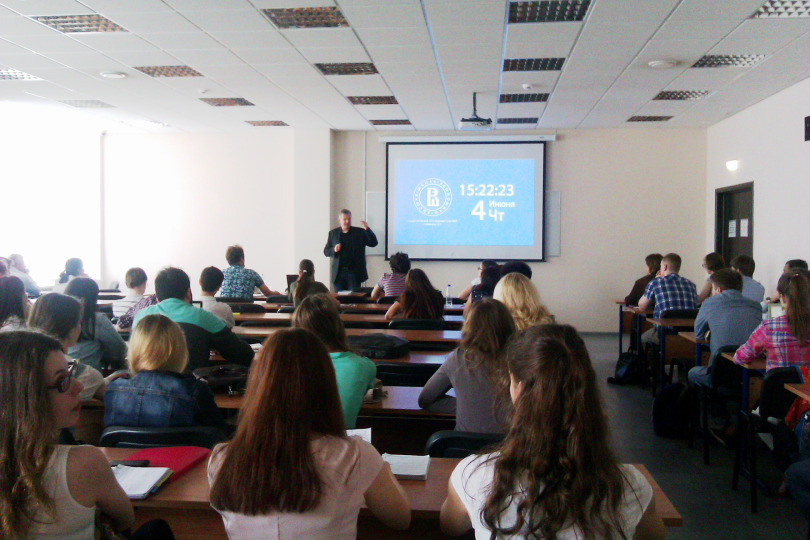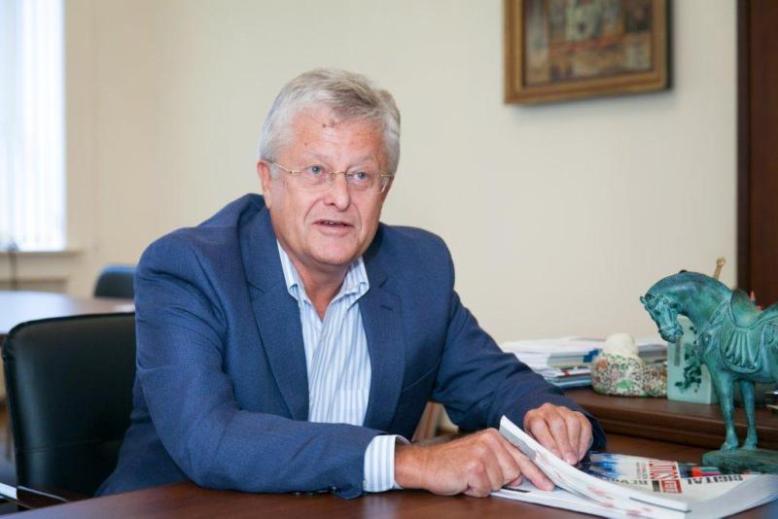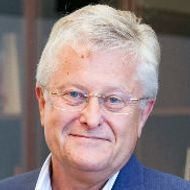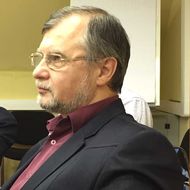
В старых версиях браузеров сайт может отображаться некорректно. Для оптимальной работы с сайтом рекомендуем воспользоваться современным браузером.
✖
- A
- A
- A
- ABC
- ABC
- ABC
- А
- А
- А
- А
- А
Regular version of the site
ФКН
- HSE University
- Faculties
- Faculty of Social Sciences
- School of Political Science
- News
- Research & Expertise
3 Krivokolenny Pereulok, Moscow, 103070.
Phones:
8 (495) 772-95-90 *22833,
8 (495) 772-95-90 *22448
Fax: 8 (495) 772-95-90 *12556
Email: politfac@hse.ru
Administration
Book
Washington: Free Russia, 2018.
Article
Petrov N., Hale H. E., Lipman M.
Russian Politics. 2019. Vol. 4. No. 2. P. 168-195.
Book chapter
Arbatli E.
In bk.: Oxford Research Encyclopedia of Politics (Living Edition). Oxford University Press. P. 1-20.
Working paper
Sorokina A., Maximenkova M., Kasamara V.
Political Science. PS. Высшая школа экономики, 2019. No. 71.
Research & Expertise – News


A new academic journal, Russian Politics, has just been launched by Brill Academic Publishers (Leiden, Netherlands and Boston, USA). Three members of the editorial board are representatives of the Higher School of Economics — Professor Andrei Melville, Dean of Faculty of Social Sciences, Professor Nikolay Petrov and Professor Rostislav Turovsky. The first issue will be published in early 2016 and there will be four issues per year.

At the April International Academic conference William R. Thompson, Rogers Professor of Political Science at Indiana University, Bloomington and Managing Editor of International Studies Quarterly, gave an honorary lecture on 'Norms, Behavioral Compliance, and Status Attribution in International Politics'. He also participated in the session on State Capacity and Durability/Vulnerability of Authoritarian and Hybrid Regimes with a paper entitled State Capacity, Democratization and Public Policy, co-authored with Thomas J. Volgy.
April 09, 2015

Eastern European history shows that in the majority of post-Soviet countries, where lustration was carried out in one form or another, the situation with corruption is now considerably better than in those countries where lustration was not carried out. But what we see in Slovenia is, in fact, an clear deviation from this pattern. Lustration was not carried out in Slovenia. Nonetheless, the country is among the best performers in terms of anti-corruption measures and can be compared with Estonia, where lustration did take place. The Slovenia phenomenon has been analysed in the article ‘Fighting Corruption: The Slovenian Phenomenon’ by Yuliy Nisnevich, Professor at the School of Political Science, Academic Supervisor of the Laboratory for Anti-Corruption and Heather Stetten, independent researcher (USA).
March 30, 2015


March 02, 2015

From January 29 – February 2, 2015, second-year political science students of the HSE Faculty of Social Sciences, together with students of the MGIMO Faculty of Political Science, went on a field trip to Chisinau, Tiraspol, Comrat, and Taraclia. The purpose of the expedition was to study the territorial identities of Moldova’s different ethnic groups.
February 03, 2015

A special issue of Osteuropa journal (Berlin) has been published, and four authors from the HSE Faculty of Social Sciences participated in it. The topic of the issue is ‘The People and its “I”: Authoritarian Rule and Legitimacy’.
December 03, 2014


September 26, 2014

From the 5-9 August the Fourth Global International Studies Conference organised by the World International Studies Committee took place in Frankfurt. The dean of the the HSE Social Studies Faculty, Andrei Melville, spoke in his capacity as Chairman of the Programme Committee.
August 29, 2014

An article by Andrei Melville, Denis Stukal and Mikhail Mironyuk ‘King of the Mountain’, or Why Postcommunist Autocracies Have Bad Institutions’ was published in the U.S. journal Russian Politics and Law (vol. 52, no. 2, March-April 2014, pp. 7-29).
August 06, 2014
- About
- About
- Key Figures & Facts
- Sustainability at HSE University
- Faculties & Departments
- International Partnerships
- Faculty & Staff
- HSE Buildings
- HSE University for Persons with Disabilities
- Public Enquiries
- Studies
- Admissions
- Programme Catalogue
- Undergraduate
- Graduate
- Exchange Programmes
- Summer Schools
- Semester in Moscow
- Business Internship
- © HSE University 1993–2025 Contacts Copyright Privacy Policy Site Map
- Edit

